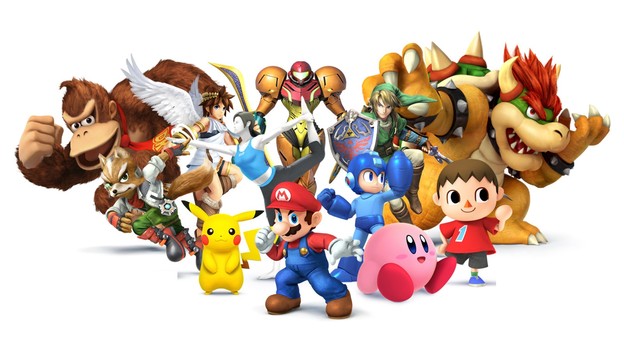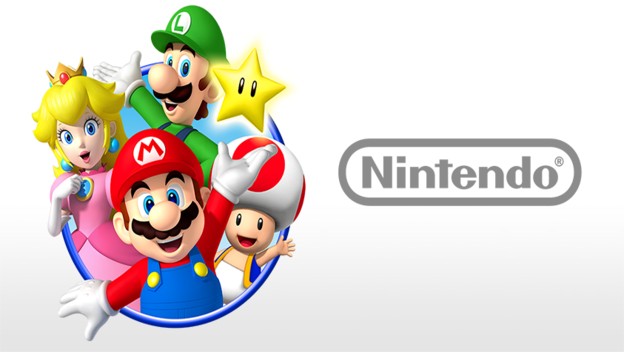Earlier this week, Nintendo made news again in regards to Youtube when popular host Angry Joe announced he would never stream Nintendo content again after recieving yet another copyright claim against one of his videos from the historic Japanese corporation. The instance is yet another case of Nintendo failing to acknowledge how much the gaming world has changed and evolved in recent years, and if it doesn’t modify that behavior soon, it’s going to start costing the company more than it already has.
Every once in a while, Nintendo has an “off” console – a console that has a few truly great gaming experiences, but never really meets its full potential. Last time around, it was the Gamecube… now it’s the Wii U’s turn. The system has been struggling to find its place in the market pretty much since it first launched. With terrible sales and declining software support, it’s become clear that Nintendo is already moving its focus to the next console, which could be anywhere from 2-3 years away. But things didn’t have to play out this way! There are some truly great titles out for the Wii U, and thanks to Youtube and Let’s Plays, there are more ways than ever for word to spread about good games on good consoles.
Unfortunately, this is one of the finer points of today’s marketplace that Nintendo just doesn’t seem able to grasp. If your system is struggling and you have a huge devoted fanbase that’s eager to share the great games that are out for said system, maybe the wrong thing to do is punish that fanbase and demand revenue sharing from them in order to keep their videos up and running on Youtube.
The problem with revenue sharing is several-fold. First, it makes the assumption that everyone hosting Nintendo videos on Youtube is pulling in the same levels of profit. Nintendo’s practice of pulling videos based on copyright infringement applies to someone with 30 views as well as those with 3 million views. When looking at the sliding scale of profit, it makes Nintendo just come off as petty. Worse, it makes Nintendo look like it really needs the money, even though it doesn’t. The practice also makes it a case of us-versus-them, giving Nintendo’s competitors the opportunity to come out in support of video sharing and making Nintendo look even worse in the process. Lastly, and most damaging, Nintendo’s actions are driving away what few adamant fans the company has left. When you’re hurting for sales, you need all the support you can get.

So where does this leave Nintendo, and what kind of trajectory is it setting the company on for the future? Well, in the short term there may be no effect at all. Amiibos are selling like hotcakes, and the 3DS continues to print money. However, as the years progress and new generations of gamers come up in a world where they don’t have access to footage of Nintendo games in their preferred media outlet, I wouldn’t be surprised to see the gulf between tablet gaming, PC/console gaming, and Nintendo’s products continue to widen. At a certain point, when you keep making it difficult for potential customers to learn about your product, they just stop trying altogether.
